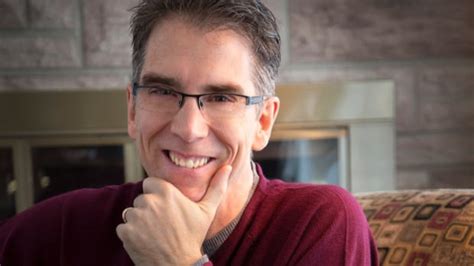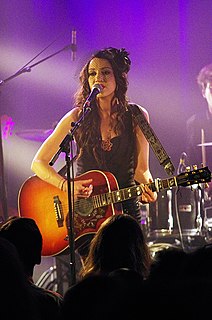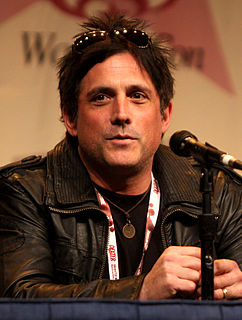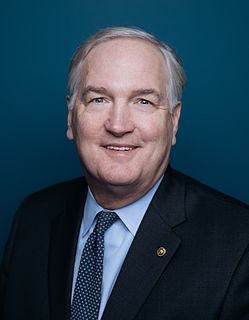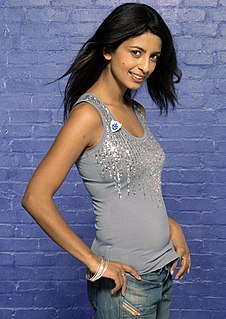A Quote by Daniel Handler
When you start reading nonfiction books about piracy, you realize that it's actually just a history of desperate people.
Related Quotes
My platform has been to reach reluctant readers. And one of the best ways I found to motivate them is to connect them with reading that interests them, to expand the definition of reading to include humor, science fiction/fantasy, nonfiction, graphic novels, wordless books, audio books and comic books.
Until I was about 7, I thought books were just there, like trees. When I learned that people actually wrote them, I wanted to, too, because all children aspire to inhuman feats like flying. Most people grow up to realize they can't fly. Writers are people who don't grow up to realize they can't be God.
If you're a history buff, you know about J. Edgar Hoover. He was likely the most powerful man in the US. If you start reading about him, the books contradict each other constantly. I was often left with very little sense of the man personally. I had a sense of what he did and didn't do and what people disagreed about whether he did this or didn't do this or that, but I was like, "Why? Why was he doing all of this?" That was my big question.









